Iran’s IRGC reveals details of missile attacks on Mossad, Daesh targets
The Islamic Revolution Guards Corps (IRGC) has revealed further details on its recent missile attacks on anti-Iran terrorist bases and espionage centers in Syria and the Iraqi Kurdistan region.
In a new statement issued on Tuesday, the IRGC said the force “successfully” managed to launch missile attacks on an espionage center of the Israeli regime’s Mossad spy agency in the Iraqi Kurdistan Region and a gathering place of commanders and main elements linked to anti-Iran terrorist activities, especially the Daesh Takfiri terrorist group, in Syria's northwestern province of Idlib.
The statement said a total of 24 ballistic missiles were fired during the operation, all of which precisely hit and destroyed the designated targets.
The IRGC said the force fired four Kheibar Shekan (fortress buster) missiles from Iran’s southwestern province of Khuzestan to Idlib, adding that four missiles were launched from the west, and seven more from the northwest of the country to the Mossad spy headquarters in Erbil in Iraq’s Kurdistan Region.
Kheibar Shekan, a third-generation long-range missile developed by the IRGC, enjoys high maneuverability and is propelled by solid fuel with the capability of penetrating anti-missile shields.
The statement also said nine missiles were fired at locations of other terrorist groups in various areas of Syria.
“We once again assure the mighty and proud nation of the Islamic Iran that the IRGC’s offensive operations will continue until revenge is taken for the last drop of the blood of our ... martyrs,” the statement noted.
The missile operations by the IRGC were carried out on the early hours of Tuesday, targeting a base in Idlib that was used as a training center for foreign members of Daesh and the terrorist group’s affiliated outfit, Daesh-Khorasan.
Daesh claimed responsibility for two explosions that killed nearly 100 people and wounded scores of others at a memorial for Iran's top anti-terror commander Lieutenant General Qassem Soleimani in the southeastern Iranian city of Kerman on January 3.
Last month, another terrorist attack hit a police station in the southeastern Iranian city of Rask, killing 11 police officers and injuring at least six others.
The missiles on Tuesday also rained on key target Azhi Amin, a high-ranking Kurdish official linked to Mossad, who was involved in planning terrorist acts by the Israeli regime’s spy agency across Iran, including the assassination of Iranian nuclear scientist Mohsen Fakhrizadeh.
Fakhrizadeh, the head of the Iranian Defense Ministry’s Organization of Defensive Innovation and Research, was targeted in a multi-pronged terrorist attack in Absard city of Tehran Province’s Damavand County on November 27, 2020.
Iran has, on countless occasions, warned Iraqi Kurdistan’s local authorities that it will not tolerate the presence and activity of terrorist groups along its northwestern borders, saying the country will give a decisive response should those areas become a haven for anti-Tehran terrorists.
Since September 2022, the IRGC has launched several rounds of strikes against terrorist positions in Iraq's Kurdistan, vowing to continue the attacks until the groups are disarmed.
IAEA chief tours two key Iranian nuclear facilities
Larijani asserts Iran’s support for resistance, says conveyed Leader’s message to Lebanon
VIDEO | Beirut’s southern suburbs targeted in 'heavy' Israeli strikes
Haaretz: Over 10,000 Israelis have migrated to Canada this year
VIDEO | Press TV's news headlines
Official: Iran to respond ‘decisively’ to any threat to its nuclear program
Nearly 70 Mossad-linked terrorists killed or captured in southeast Iran
What collapse of German coalition government means


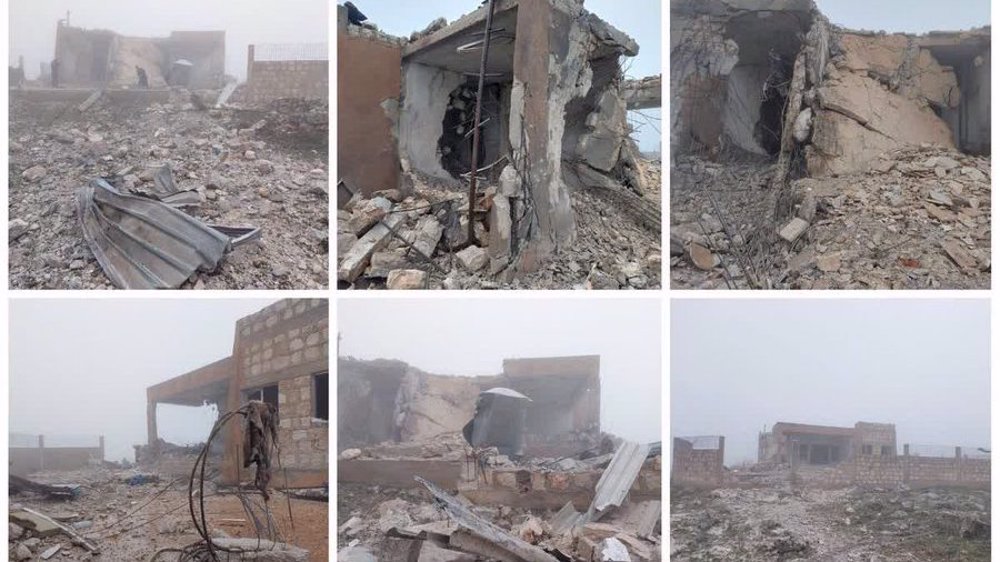
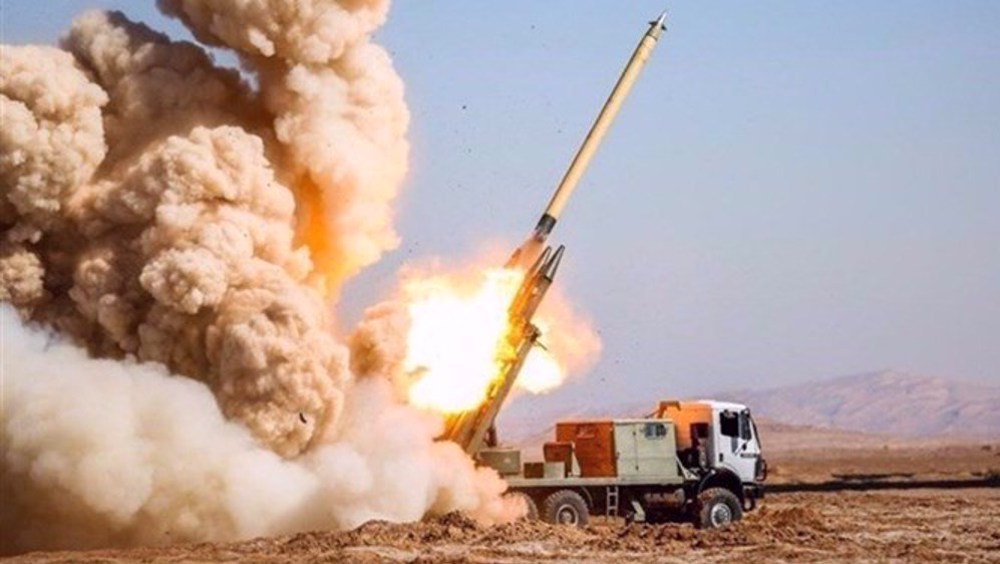
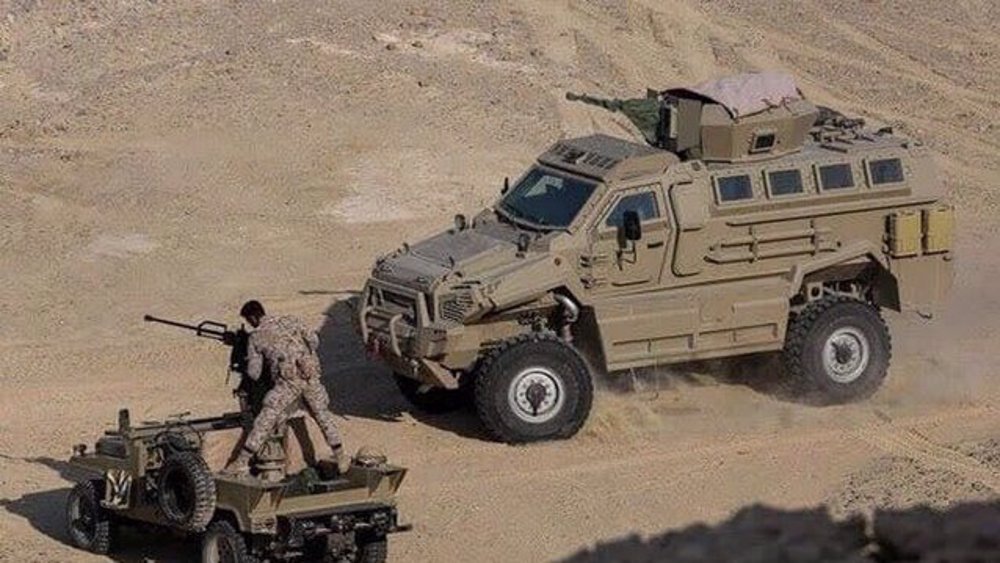
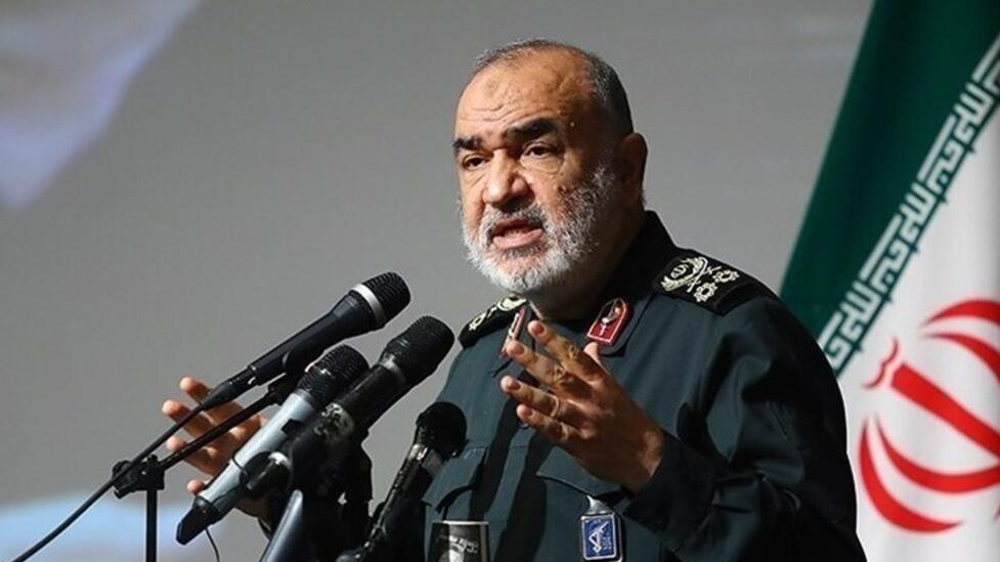
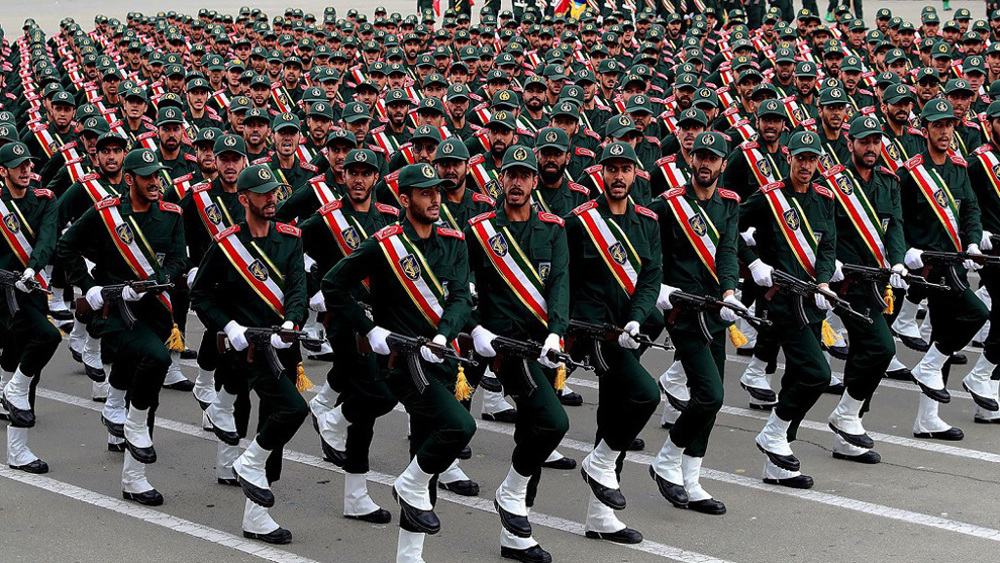




 This makes it easy to access the Press TV website
This makes it easy to access the Press TV website